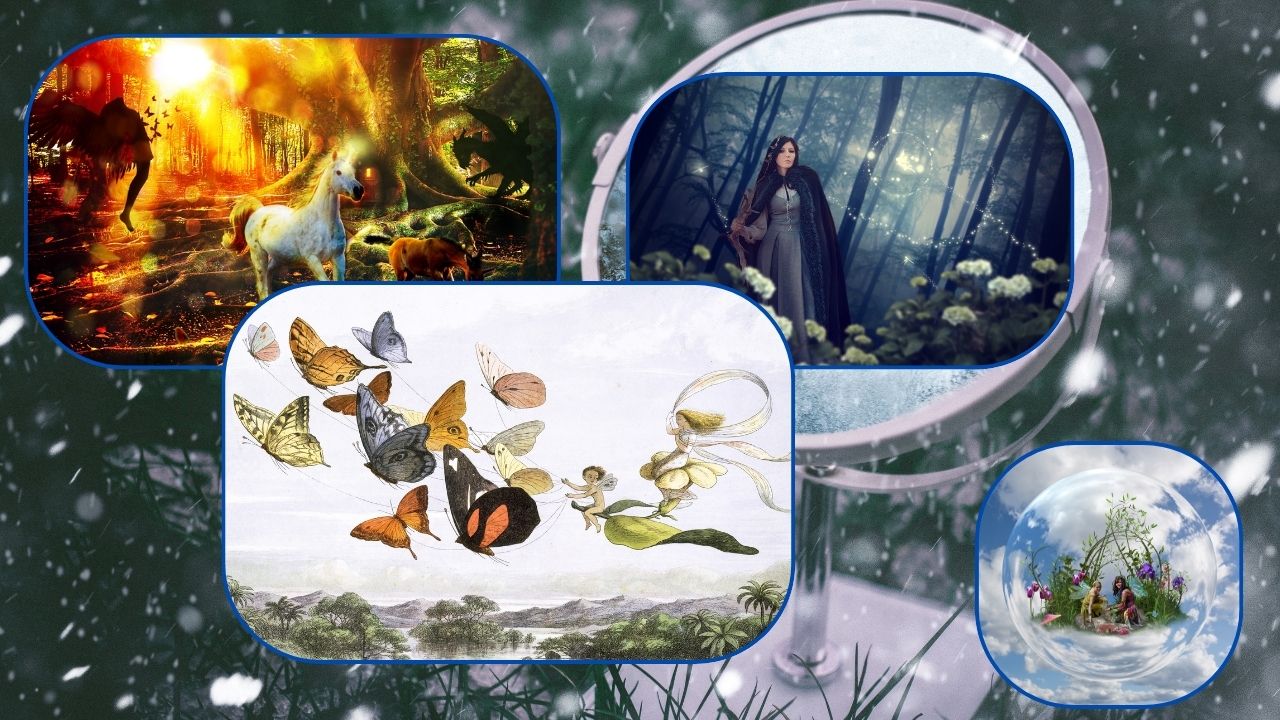Hekayat 5 from Chapter 7 of Golestan of Saadi

English Translation for Hekayat
A pious man's son came into a great inheritance from the legacy of Oman. He immediately began to indulge in sin and excess, squandering his wealth extravagantly. In short, there was no vice he didn't engage in, nor any drink he didn’t taste.
Once, I advised him, saying, "My child! Your income is like flowing water, while your lifestyle is like a spinning mill—only someone with a fixed income can afford such boundless spending.
When your income is scarce, curb your expenses,
As sailors sing in an old refrain:
'If rain doesn’t fall in the mountains,
The Tigris river will dry up in a year.'
Embrace wisdom and manners; leave behind frivolity, for when your fortune fades, you will face hardship and regret."
But absorbed in the pleasures of music and drink, he ignored my words and even scoffed at me, saying, "Why spoil today’s joy with tomorrow’s worry? A wise person would never spoil immediate pleasure for the fear of future pain.
Those who enjoy prosperity and good fortune
Would never endure hardship for fear of hardship.
Go on and revel, my bright-hearted friend—
Tomorrow’s grief should not darken today."
He added, “How could I, seated at the height of generosity, renowned for my gallantry and celebrated by the people, possibly restrain myself?
Whoever is famed for their kindness and giving
Should not shut their doors to others.
When good reputation spreads through the streets,
You can’t close the door to it."
Seeing he would not heed advice, and that my warm counsel had no effect on his cold, stubborn heart, I gave up advising him, turned away from his company, and followed the wisdom of the sages: 'Deliver what is your duty to say, but if they do not accept it, your duty is fulfilled.'
Even if you know they won’t listen,
Speak your advice out of goodwill.
Soon, you will see the stubborn fool
Trapped and fallen, bound by his own doing,
Clasping his hands in regret, crying,
'Oh, I didn’t listen to the wise man’s words!'
After some time, what I had foreseen became reality, and his state of ruin appeared before me. I saw him patching torn clothes and gathering scraps of food, and my heart grew heavy at his weakened condition. It seemed unkind, in such a state, to scold him and rub salt in his wounds. So, I said to myself:
A lowly man, in the height of his drunkenness,
Will not consider the day of hardship.
The tree scatters its leaves in spring,
But in winter, it is bound to stand bare."
متن حکایت
پارسازاده ای را نعمت بیکران از ترکه عمان به دست افتاد. فسق و فجور آغاز کرد و مبذری پیشه گرفت. فیالجمله نماند از سایر معاصی منکری که نکرد و مسکری که نخورد.
باری به نصیحتش گفتم: ای فرزند! دخل آب روان است و عیش آسیای گردان یعنی خرج فراوان کردن مسلم کسی را باشد که دخل معین دارد.
چو دخلت نیست خرج آهسته تر کن
که میگویند ملاحان سرودی
اگر باران به کوهستان نبارد
به سالی دجله گردد خشک رودی
عقل و ادب پیش گیر و لهو و لعب بگذار که چون نعمت سپری شود سختی بری و پشیمانی خوری.
پسر از لذت نای و نوش این سخن در گوش نیاورد و بر قول من اعتراض کرد و گفت: راحت عاجل به تشویش محنت آجل منغص کردن خلاف رای خردمند است،
خداوندان کام و نیکبختی
چرا سختی خورند از بیم سختی
برو شادی کن ای یار دل افروز
غم فردا نشاید خورد امروز
فکیف مرا که در صدر مروت نشسته باشم و عقد فتوت بسته و ذکر انعام در افواه عوام افتاده.
هر که علم شد به سخا و کرم
بند نشاید که نهد بر درم
نام نکویی چو برون شد به کوی
در نتوانی که ببندی به روی
دیدم که نصیحت نمیپذیرد و دم گرم من در آهن سرد او اثر نمیکند. ترک مناصحت گرفتم و روی از مصاحبت بگردانیدم و قول حکما کار بستم که گفتهاند: بلِّغ ما عَلیکَ فاِن لَم یَقبلوا ما عَلیکَ
گرچه دانی که نشنوند بگوی
هر چه دانی ز نیکخواهی و پند
زود باشد که خیره سر بینی
به دو پای اوفتاده اندر بند
دست بر دست می زند که دریغ
نشنیدم حدیث دانشمند
تا پس از مدتی آنچه اندیشه من بود از نکبت حالش به صورت بدیدم که پاره پاره به هم بر میدوخت و لقمه لقمه همیاندوخت. دلم از ضعف حالش به هم بر آمد و مروّت ندیدم در چنان حالی ریش درویش به ملامت خراشیدن و نمک پاشیدن. پس با دل خود گفتم:
حریف سفله در پایان مستی
نیندیشد ز روز تنگدستی
درخت اندر بهاران بر فشاند
زمستان لاجرم بی برگ ماند


